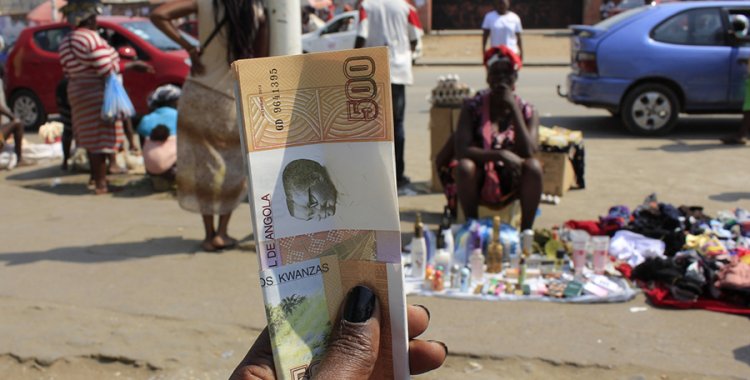João Lourenço addressed, at the opening of a meeting with civil society on the impact of covid-19 on families and companies, "the threat" of large external indebtedness and its relationship with the Gross Domestic Product (GDP), as well as reimbursement with some of the main creditors in the form of barrels of oil.
Highlighting concerns about debt sustainability, the head of state said that in December 2019 Angola settled its debt to Brazil and then began renegotiating with Angola's main creditor institutions, "a process that was interrupted for at least three months due to the covid-19 pandemic, but which has now resumed and whose results will be known in due course.
The President revealed that, in addition to fiscal consolidation measures, Angola has been "working constructively" with the main international partners on measures to ensure economic growth and the solution of the social problems the country still faces, as well as the sustainability of public finances.
The head of state pointed out the direct and indirect effects of the pandemic, namely the sharp drop in the price of oil, recalling that oil resources represent more than 60 percent of Angola's tax revenues and more than 90 percent of its export revenues.
This fall had several consequences, including a reduction in foreign exchange revenues and in the ability to pay from abroad, a reduction in state tax revenues, a reduction in the country's debt capacity both abroad and domestically, and a decrease in non-oil economic activity due to the slowdown in demand.
João Lourenço also spoke about support measures for companies and families, highlighting the need to review the General State Budget (GSB) for 2020, changing the reference price of a barrel of oil from the current 55 dollars "to a more realistic value compatible with the current trend in the price of this 'commodity' on the international market".
The executive will also review the 2018-2022 National Development Plan, which guides government action.
In addition to the revision of the State Budget for 2020, the President pointed out that "the executive will also carry out a mid-term review of the National Development Plan, preparing an Action Programme for the years 2020 to 2022, on the basis of assumptions that best fit the current situation of the country and the world".
The focus will continue to be on the social area, which includes education, health and social protection and, above all, the increase in national production, the only way to deal with the environment of economic recession and the heavy dependence of the oil economy.
"Only by increasing national production will we be able to increase employment levels in Angola and thus increase the income of Angolan citizens and families," said João Lourenço, adding that the pace of implementation of the programme to support national production, import substitution and export promotion (Prodesi) will be accelerated.
To achieve self-sufficiency in the production of the most consumed basic products, incentives will be given to those who invest in local production, and "all possible barriers that still persist, and that have priority in access to credit and foreign exchange, for the import of machinery and raw materials they need," he said.
The head of state said that oil "put certain countries to sleep under the illusion that oil revenues buy everything" and stagnated the economy, while only agriculture, fisheries, manufacturing, tourism and others "effectively guarantee food security, sustainable employment and the supply of essential goods to the people".







